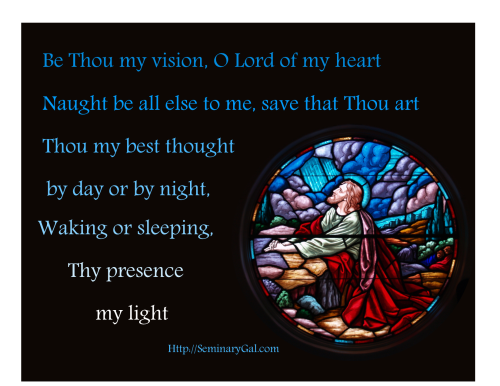This week we will continue our look at overcoming, which by definition involves something painful. (Enduring something wonderful would be called enjoyment.)
Overcoming always results in resumption of forward progress and with Christian overcoming, it also grows our faith, exhibits grace, and offers forgiveness. Overcoming doesn’t always take away the pain of the memory or remove the consequence of the hurtful action. The scars may remain, but we make peace with the pain to where it won’t torment us anymore.
With that in mind, last week we talked about 5 Kingdom principles for overcoming (from 1 Peter 2:21-23):
- Kingdom expectations; 1 Peter 2:21 To this you were called, because Christ suffered for you,
- Kingdom perspective; leaving you an example, that you should follow in his steps.
- Kingdom actions; 22 “He committed no sin, and no deceit was found in his mouth.”
- Kingdom time frame; 23 When they hurled their insults at him, he did not retaliate;
- Kingdom power; when he suffered, he made no threats. Instead, he entrusted himself to him who judges justly.
We saw that Jesus Christ expected suffering (In this world you will have trouble), but that He didn’t do so with a sense of fatalism (Take heart, I have overcome the world—John 16:33). He was profoundly realistic which we noted differs from fatalism by seeing all of God’s possibilities, responding to those possibilities with God-honoring choices such as prayer, and with confidence in the power of God. This, in turn, helps us to keep all of our suffering in perspective without resorting to victimhood as our identity.
Let’s look at another lovely Irish hymn, Be Thou My Vision, to set the tone as we begin exploring what that Kingdom perspective looks like…to have the vision of Christ.
Sarah McCabe has written a history of how Be Thou My Vision came to be a cherished hymn. She begins with telling the story of St. Patrick’s courage in lighting a fire on Easter Eve on the Hill of Slane (433 AD) despite a king’s decree forbidding any fire to be lit before the one celebrating the vernal equinox. She continues:
Considered Ireland’s chief poet during his time, Dallan Forgaill, who was killed by pirates in 598, was known as a studious and scholarly man. It was said that he spent so much time reading, writing, and studying that he became blind.
Inspired by the events on the Hill of Slane about 100 years earlier, Dallan Forgaill wrote the original words to “Be Thou My Vision” in old Irish, as a poem entitled ” Rop tu mo baile.”
In 1905, the Gaelic words were translated into English by Mary E Byrne and then versified in 1912 by Eleanor H. Hull. Listen to this lovely version on cello by David Abramsky

Be Thou my Vision, O Lord of my heart;
Naught be all else to me, save that Thou art.
Thou my best Thought, by day or by night,
Waking or sleeping, Thy presence my light.
Be Thou my Wisdom, and Thou my true Word;
I ever with Thee and Thou with me, Lord;
Thou my great Father, I Thy true son;
Thou in me dwelling, and I with Thee one.
Be Thou my battle Shield, Sword for the fight;
Be Thou my Dignity, Thou my Delight;
Thou my soul’s Shelter, Thou my high Tower:
Raise Thou me heavenward, O Power of my power.
Riches I heed not, nor man’s empty praise,
Thou mine Inheritance, now and always:
Thou and Thou only, first in my heart,
High King of Heaven, my Treasure Thou art.
High King of Heaven, my victory won,
May I reach Heaven’s joys, O bright Heaven’s Sun!
Heart of my own heart, whatever befall,
Still be my Vision, O Ruler of all.